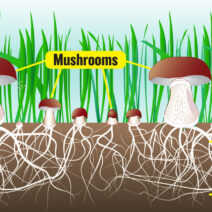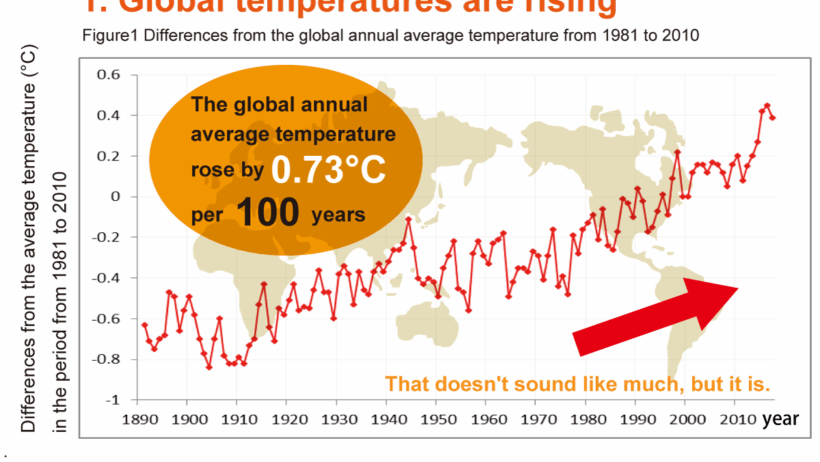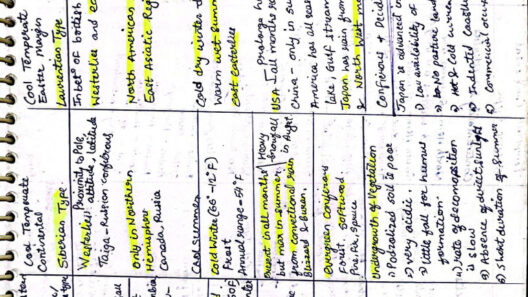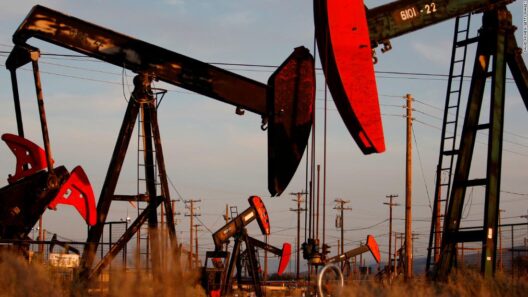Climate change is an inexorable reality that extends far beyond the contemporary discourse surrounding environment and sustainability. It encapsulates a multi-faceted narrative that traces its origins to the nascent stages of scientific inquiry and extends into a present marked by existential threats. The timeline of climate change is not merely a chronology of events; it is a poignant exploration of humanity’s relationship with nature, the evolution of scientific understanding, and the socio-political intricacies that have shaped responses to this phenomenon.
Initially, the seeds of climate awareness were sown in the 18th century, during the Age of Enlightenment, when the scientific method began to unravel the complexities of the Earth’s atmosphere. Scholars such as Joseph Fourier conceptualized the greenhouse effect in 1824, positing that certain gases could trap heat within the Earth’s atmosphere. This pioneering insight heralded the dawn of a new era of scientific inquiry into the atmospheric phenomena that govern the Earth’s climate systems.
With the advent of the Industrial Revolution in the late 19th century, anthropogenic influences began to dominate the climate narrative. Fossil fuel combustion transformed not only economies but also the atmosphere, significantly increasing concentrations of carbon dioxide and other greenhouse gases. This marked the transition from a naturally fluctuating climate to a human-induced crisis. Scientific pioneers, including John Tyndall, advanced the understanding of how these gases contributed to warming, igniting early discussions among the scientific community regarding potential ramifications for global climates.
As the 20th century unfolded, the specter of climate change became increasingly evident. Advances in instrumentation and observation allowed for more precise measurements of atmospheric conditions. The rise of climatology as a discipline contributed significantly to public awareness, with pivotal reports in the latter half of the century demonstrating alarming trends. The observations of rising global temperatures and increasing oceanic temperatures could no longer be relegated to the realm of theoretical speculation. The scientific consensus grew stronger, heavily substantiated by data indicating the correlation between human activity and climatic shifts.
The 1970s ushered in a watershed moment in the history of environmental awareness. The inaugural United Nations Conference on the Human Environment held in Stockholm in 1972 brought global attention to environmental challenges. The discourse broadened beyond scientific circles, encompassing political and social dimensions. This was the genesis of contemporary environmental movements—voices advocating sustainable practices and awareness now sought wider engagement. The documentation and reporting of extreme weather events became more prevalent, creating public awareness that transcended geographic and political boundaries.
One cannot overlook the significance of the 1992 Earth Summit in Rio de Janeiro, which marked the first substantial international commitment to tackle climate change. Here, the United Nations Framework Convention on Climate Change (UNFCCC) was born, laying the groundwork for subsequent international negotiations. Notably, the insistent advocacy from grassroots organizations highlighted a dichotomy: while scientific knowledge burgeoned, political will often lagged woefully behind. This juxtaposition continues to formulate the crux of climate activism—the call for urgent and decisive action amidst mounting evidence.
Fast-forwarding to the early 21st century, the issuance of the Intergovernmental Panel on Climate Change (IPCC) reports reiterated the cataclysmic potential of climate change. The collective scientific acknowledgment that human activities were unequivocally influencing the climate system galvanized a global conscious movement. The reports served as both a calling and a warning, providing a clarion call for systematic alterations to energy consumption, industrial practices, and lifestyle choices.
However, the intersection of climate science and policy has proved contested. Skepticism continues to dwell in some political spheres, diverting attention from the manifest urgency of climate action. This phenomenon suggests a dissonance rooted not only in the economic implications of transitioning to sustainable practices but also in ideological frameworks that resist embracing scientific consensus. As such, an intricate web of misinformation and denialism has emerged, complicating the distillation of clear policy responses.
The stakes have risen alarmingly in recent years. The warming planet has translated into observable scientific realities—melting ice caps, sea-level rise, erratic weather patterns, and increasingly devastating natural disasters. These phenomena are not mere abstract concepts. They are dire realities affecting millions globally, fueling migration crises and escalating conflict over dwindling resources. Yet, the commonality of purpose among climate activists remains steadfast, united by the undeniable observation that without immediate action, the consequences could be irreversible.
Moving into this decade, the collective response to climate change has escalated into a critical juncture. The Paris Agreement of 2015 exemplifies international commitment, underscoring the urgency for nations to unite in mitigating emissions and safeguarding vulnerable ecosystems. Yet, national governments grapple with balancing economic growth and environmental responsibility, often yielding to inertia. Therefore, the challenge persists: addressing climate change necessitates not only scientific understanding but also profound transformations in economic, political, and cultural paradigms.
In essence, the history of climate change is a complex tapestry woven with the threads of discovery, human ambition, and socio-political dynamics. This narrative serves as a poignant reminder that climate change is not a distant or abstract crisis; it exists within the framework of human experience, demanding a collaborative and forthright approach to forge a sustainable future. Humanity’s fascination with climate change is intrinsically linked to the profound implications it has on our survival, societal structures, and the very planet we inhabit. The discourse must evolve beyond fear and uncertainty into one of action, innovation, and collective responsibility. The time for complacency has passed; the horizon beckons a resolute commitment to change.








